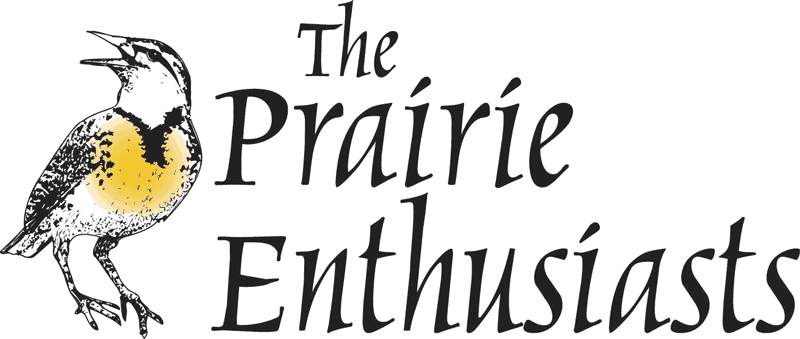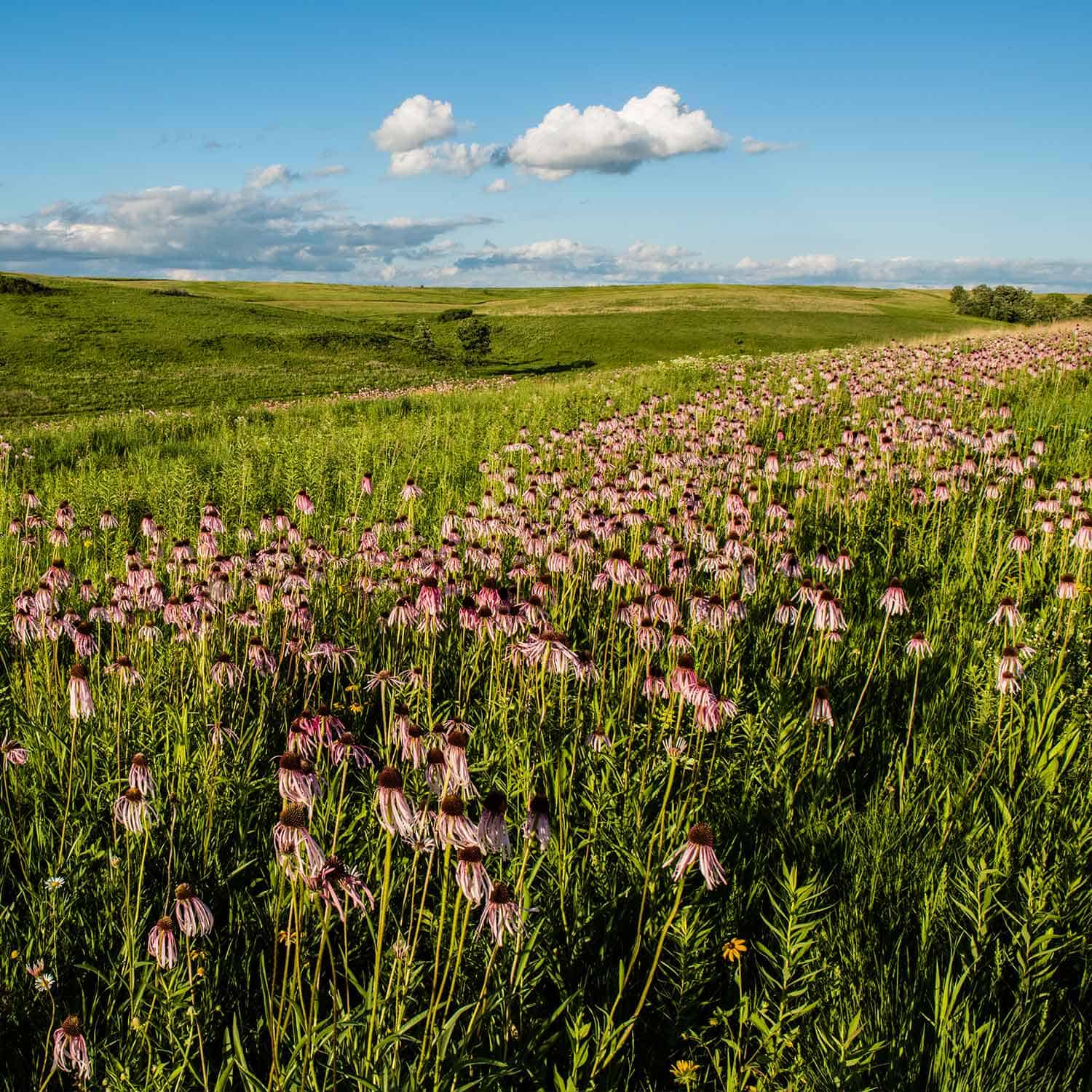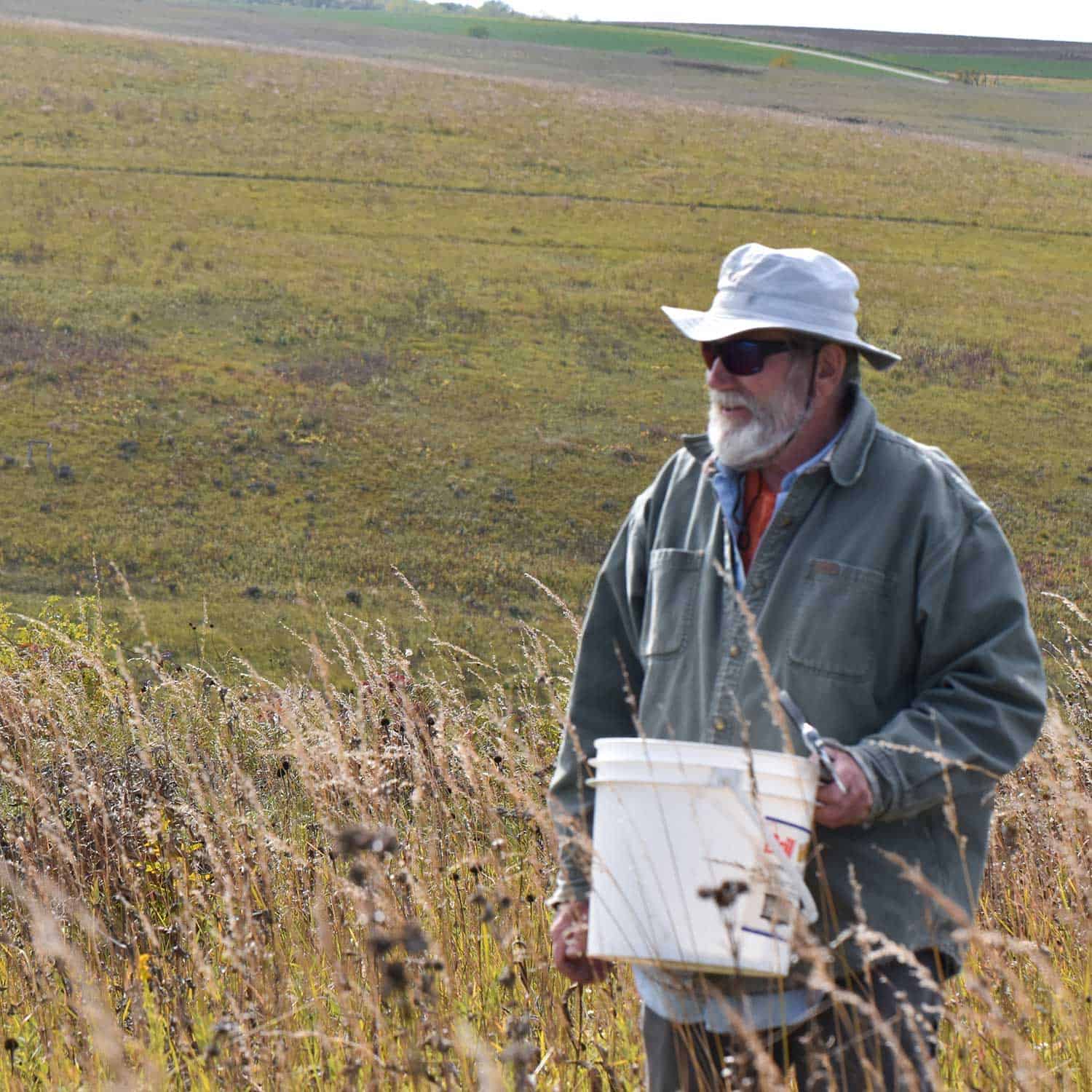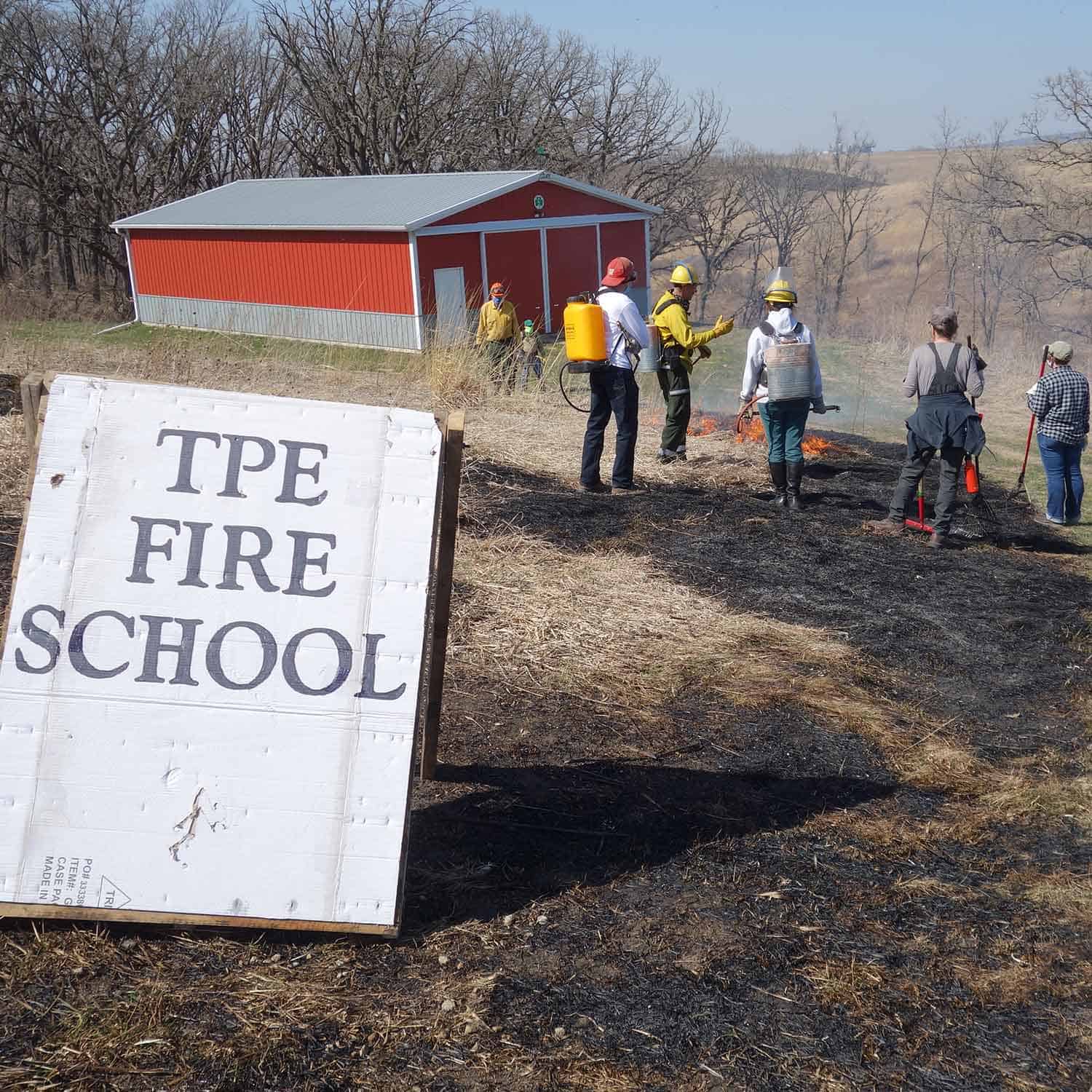Mission
Mission
We seek to ensure the perpetuation and recovery of prairie, oak savanna, and other associated ecosystems of the Upper Midwest through protection, management, restoration, and education. In doing so, we strive to work openly and cooperatively with private landowners and other private and public conservation groups.
Red headed woodpecker at Mounds View Grassland. Photo by Empire-Sauk member, Eric Preston.
We seek to ensure the perpetuation and recovery of prairie, oak savanna, and other associated ecosystems of the Upper Midwest through protection, management, restoration, and education. In doing so, we strive to work openly and cooperatively with private landowners and other private and public conservation groups.
Red headed woodpecker at Mounds View Grassland. Photo by Empire-Sauk member, Eric Preston.
The Importance of Prairies
During the 5,000 years preceding European settlement, much of the Upper Midwest’s landscape was dominated by prairies and oak savannas. The 150 years following settlement have witnessed the destruction of nearly all of these communities, and many of their associated plants and animals have become rare. In other words, less than 15 acres remain for each 10,000 acres of pre-settlement prairies and savannas.
Today, of the little that remains, only about 20% is actively protected and managed. The rest is still unrecognized and is steadily succumbing to development, tree planting and natural invasion by trees and shrubs.
The annual losses of prairie and savanna remnants are small as measured in acres and often go unnoticed. A few more decades of such losses will leave little to preserve outside of the precious few public and private preserves that exist today. The Prairie Enthusiasts, in cooperation with other conservation groups, is working to reverse this trend.
Check out the Minnesota DNR’s information about the benefits of prairies.
How The Prairie Enthusiasts Helps
Planted prairies are very good for many reasons, but they are never as biologically diverse or physically complete as original prairie sod even if the remnant is small. Whenever possible, we encourage people to first conduct plant surveys on their land, identify any prairie remnant, and then add buffer zones around the remnant using locally collected seed or a reputable seed source. For some additional basic information on prairies and savannas, see our Frequently Asked Questions webpage.
Prairie enthusiasts work with landowners, farmers, and other organizations to save these prairie and oak savanna remnants which have persisted on the land since before European settlement. We focus on remnants because they harbor nearly all of the components (including life-forms such a microbes and insects) that make up a prairie community. Our grassroots volunteers also recreate habitat by establishing and maintaining native plantings. We share our knowledge, labor and love of the land.
We work on our mission through chapters in Wisconsin, Minnesota, and Illinois. A map of our chapters can be found here. Do you have some basic questions about prairies and savannas? We have answered some on a Frequently Asked Questions webpage.
Protect
We use several options, including legal protection, to preserve remaining native prairie and oak savanna sites.
Photo of Schurch-Thomson by Eric Preston.
Steward
Our stewardship of the lands includes hands-on restoration and management by large numbers of volunteers.
Seed collecting at Mounds View Grassland by Sarah Barron.
Hear the latest buzz!
Receive regular updates and opportunities to help protect prairies.



